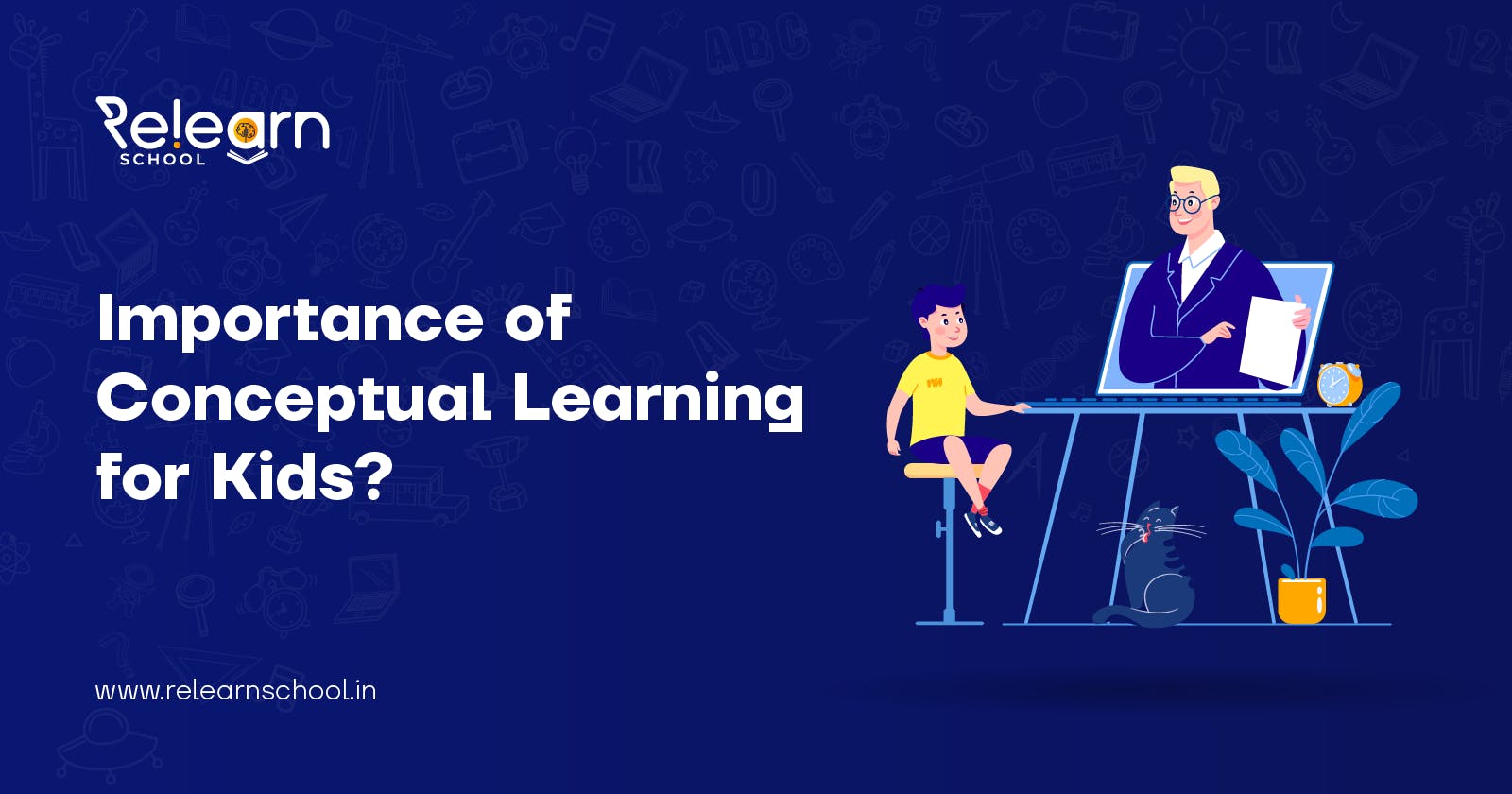A group of inquisitive kids used to live in a small village tucked away between swaying hills and bubbling brooks. They spent their days discovering the secrets of the world around them, learning not just facts but also the very essence of knowledge through tales and practical instruction. This is the story of how conceptual learning changed the lives of these kids and inspired a passion for knowledge that would carry them through their entire academic careers.
What is Conceptual Learning for Kids?
Conceptual learning for children is a dynamic educational strategy emphasizing understanding the underlying ideas and relationships between concepts rather than rote memorization. Like giving them a fish instead of teaching them to fish. The larger story in this instructional narrative incorporates facts, creating a seamless tapestry of knowledge. For instance, rather than just being taught isolated math formulas, students learn the underlying basic ideas and how to use them in practical situations.
Why Should Kids Learn Things in a Conceptual Way?
Imagine showing a young child how objects of different weights fall to demonstrate the laws of gravity. This practical experience not only solidifies the idea but also piques their interest. Conceptual learning stimulates students' minds in a way that goes beyond conventional teaching techniques. Children should set out on this conceptual journey for a few reasons:
Deeper Understanding:
When kids grasp concepts, they can apply them to different situations, showcasing true comprehension.
Critical Thinking:
By encouraging children to query, investigate, and analyse, conceptual learning cultivates critical thinking. They start taking an active role in their education.
Long-lasting Curiosity:
When learning is conceptual, it becomes an adventure. Kids learn to value learning itself as they grow up, which feeds a thirst for knowledge that lasts a lifetime.
Real-world Application:
Concepts are the building blocks of skills. Children are better prepared to handle challenges in the real world if they understand why and how things work.
Holistic Development:
This method fosters the development of emotional intelligence, creativity, and academic growth in addition to academic growth, creating well-rounded individuals.
Conclusion:
Young minds worldwide can gain a great deal from this method, just as the village children did when they began their journey of conceptual learning. It is a magical way to change education into an enchanted exploration in which the emphasis is not just on the beauty of the questions but also on the wonders of understanding rather than just the solutions. Let us throw open the doors to a world where children learn to value knowledge rather than just pass exams.

